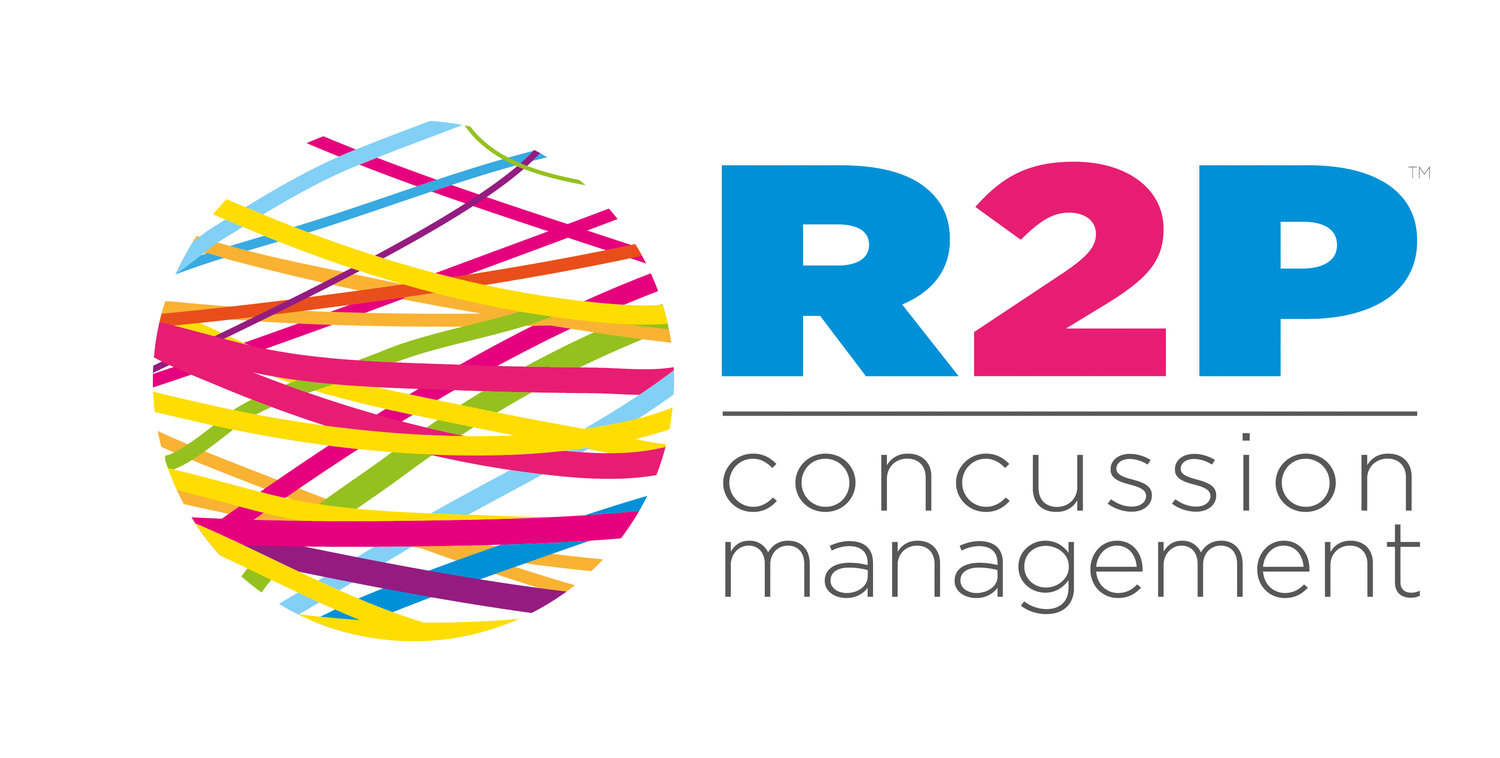Healthcare Professionals
Online self-paced courses. Learn the essentials of how to assess and treat concussion from a leading concussion researcher and physiotherapist based on the most up-to-date evidence. Skills learned can immediately be applied in clinical practice. Certificates provided upon completion of each course.
Appropriate for physiotherapists, occupational therapists, chiropractors, athletic therapists, kinesiologists, and physicians.
Prevention, Assessment, and Management of Acute Concussion
Prevention, Assessment, and Management of Acute Concussion offers a systematic and objective approach to concussion management in the first few weeks after injury. Understand normal expected recovery patterns and risk factors for persistent postconcussion symptoms. Learn pathophysiology, biomechanics, and prevention strategies for concussion. Learn up-to-date international recommendations how to assess and manage an acute concussion from the moment of injury to recovery to ensure safe return to school, work, and sport. Learn the evidence behind baseline testing, and advances in neuroimaging and blood markers to diagnose concussion. Whether your clinical practice includes sport-related injuries, motor vehicle accidents, or work-related injuries, this course is for you.
Course Outline: 10 hours
Module A: Concussion definition, epidemiology, and biology
Module B: Concussion prevention
Module C: Baseline testing
Module D: Acute clinical assessment
Module E: Acute clinical management
Module F: Clinical follow-up
Module G: Return to school, work, and sport
Module H: Neuroimaging and serologic biomarkers
Continuing education credits available
Assessment of Persistent Postconcussion Symptoms
Assessment of Persistent Postconcussion Symptoms teaches how to differentiate cervical, vestibular, visual, exercise intolerance, and mental health causes of persistent postconcussion symptoms. Course participants will learn how to prioritize treatment decisions using an evidence-based series of algorithms and the R2P™ SCORE. Whether you are an experienced therapist, or new to practice, learn to integrate evidence with clinical reasoning to solidify your clinical skills in the context of concussion.
Course Outline: 10 hours
Module A: Diagnosis and risk factors for persistent postconcussion symptoms
Learn the differential diagnostic criteria for common types of postconcussion headache and postconcussion dizziness. Learn how to take a focused clinical history and perform a physical exam for symptoms of fatigue and sleep disturbances. End of module quiz.
Module B: R2P™ System
Learn how to use the R2P™ SCORE to identify the cause of symptoms and determine treatment priorities. Learn how to take a comprehensive concussion history, conduct a neurological exam, and screen the cervical spine, BPPV, ocular motor dysfunction, vestibular ocular reflex dysfunction, balance, exercise tolerance, and mental health. Integrate evidence with clinical reasoning skills. End of module quiz.
Module C: Case studies
Consolidate learning by applying the R2P™ SCORE to several case studies.
Continuing education credits available.
Treatment of Persistent Postconcussion Symptoms
Treatment of Persistent Postconcussion Symptoms outlines the R2P™ PATH, an evidence-based approach to concussion rehabilitation.
Course Outline: 10 hours
Module A: Focused treatments
Learn how to use the R2P™ PATH to provide subsymptom threshold exercise progressions for vision therapy, BPPV, vestibular rehabilitation, energy conservation, sleep management, and graded aerobic exercise. Targeted treatments for postconcussion headache and dizziness. Assignments and end of module quiz.
Module B: Alternative treatments
Learn the evidence about nutrition, neurofeedback, transcranial magnetic stimulation, hyperbaric oxygen therapy, and light therapy to treat concussion. End of module quiz.
Module C: Case studies
Consolidate learning by applying the R2P™ PATH to several case studies.
Prerequisite: R2P™ Assessment of Persistent Postconcussion Symptoms
Continuing education credits available.




